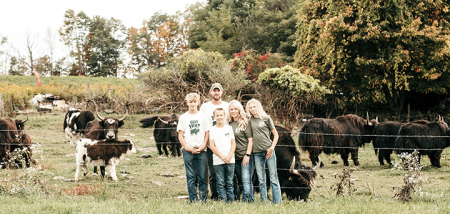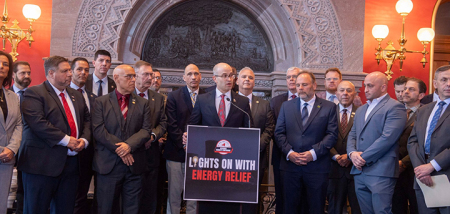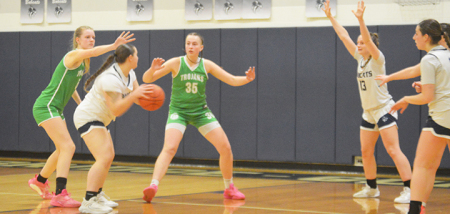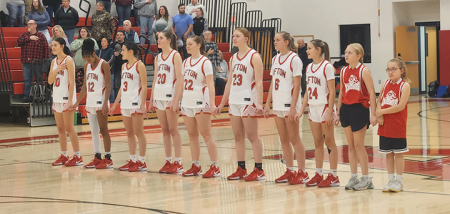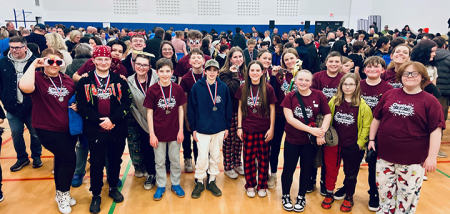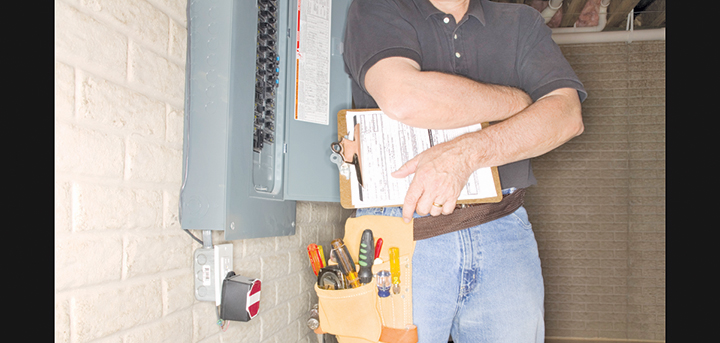Tilting At Windmills: Lest We Forget
Published:
November 14th, 2025
By:
Shelly Reuben
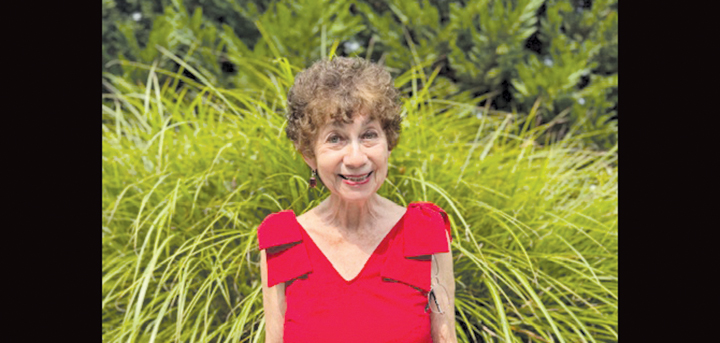 Author and Columnist Shelly Reuben
Author and Columnist Shelly Reuben
With Veteran’s Day (which we used to call Armistice Day, and in Canada is called Remembrance Day) earlier this week, and Thanksgiving dead ahead, I have gratitude on my mind. So, I’ll start with a short history lesson.
World War I was fought (on the Bad-Guy Side) between Germany, Austria-Hungary, and the Ottoman Empire, and (on the Good Guy-side) the U.K., France, the U.S.A., Russia, Japan, and Italy. It started on July 23, 1914 and it ended about four years later. Approximately nine million soldiers died in combat, and five million civilians died from bombs, bullets, starvation, or disease.
Attribute a few million more deaths to genocide courtesy of the Ottoman Empire, and the grand total comes in at around 40 million.
Nasty business.
The end of World War I occurred on November 11, 1918 when Germany signed an agreement in a railroad car in France to the effect that fighting would cease at the 11th hour of the 11th day of the 11th month – the six-hour delay allowing time for news of the armistice to travel to the Western Front.
In Ottawa at exactly 11:00 a.m. each November 11th, a ray of sunlight pierces an aperture high on the wall of the Memorial Hall inside the Canadian War Museum to perfectly illuminate the Grave of the Unknown Soldier far below. Once a year. Every year. At 11:00 a.m.
Lest we forget.
When I was in my twenties, I was chatting with my mother about her six brothers (all Jewish, which I mention here just to thumb my nose at the current new crop of Hamas-loving anti-Semites), all of whom served in the Canadian military during World War II. My Uncle Harry was a sailor on the Athabaskan when it was torpedoed and sunk in 1944, and he spent the last year of the war as a P.O.W. My Uncle Moe – Sgt. Samuel Moses Hurwitz, described by his men as “a one-man army” – was the most highly decorated non-commissioned officer in the Grenadier Guards; he died in a German military hospital in October of 1944.
Mom had just finished telling me how Moe received the Military Medal for leadership during the Battle for the Falaise Road, and the Distinguished Conduct Medal for his actions at Philippine in the Netherlands, when she paused in her storytelling, and began to recite “In Flanders Field,” by John McCrae. I had never heard the poem before, but she had learned it as a child in Canada:
“In Flanders fields the poppies blow
Between the crosses, row on row,
That mark our place; and in the sky
The larks, still bravely singing, fly
Scarce heard amid the guns below.
We are the Dead. Short days ago
We lived, felt dawn, saw sunset glow,
Loved and were loved,
and now we lie In Flanders fields.
Take up our quarrel with the foe:
To you from failing hands we throw
The torch; be yours to hold it high.
If ye break faith with us who die
We shall not sleep,
though poppies grow In Flanders fields.”
A haunting poem. Also, my first realization that the ritual of selling poppies on Veterans Day did not originate in the United States, but from a Canadian poet in Canada.
Who knew?
According to VeteransAid.org, this is the story: Moina Michael, a college professor and contemporary of John McCrae, was so moved by his poem that in its honor, she wrote the poem “We Shall Keep the Faith.” Not satisfied that she had done enough, she then pledged “to always wear a red poppy in remembrance of those who had sacrificed their lives, and began a very successful campaign to spread the practice, which was adopted across the nation, Europe, and countries of the British Empire and Commonwealth within three years.”
After the war Moina Michael got an idea that she could sell silk poppies as a fundraiser, and in 1921, “her efforts resulted in the poppy being adopted as a symbol of remembrance for war veterans by the American Legion Auxiliary and by the British Legion Appeal Fund.” Today “millions of red crepe paper poppies – all handmade by veterans as part of their therapeutic rehabilitation – are distributed across the country by the American Legion in exchange for donations that go directly to assist disabled and hospitalized veterans.”
Now, a little from The Canadian Encyclopedia about the man who wrote World War I’s most famous poem, John McCrae: a soldier, physician, and poet, he participated in the South African War, returned to Canada, and then became a noted pathologist. He was 41 years old when Britain declared war against Germany, and he joined the Canadian Army as a physician.
During the Second Battle of Ypres in 1915, John McCrae’s lungs were damaged by poison gas. His friend, Alex Hannum Helmer, a 22-year-old civil engineer, was killed by a German shell during that same battle, and it was Helmer’s death that inspired him to write “In Flanders Field.” Still working as an army physician in France, McCrae died of pneumonia, exacerbated by the poison-gas damage to his lungs, on January 18, 1918, at the age of 45.
With Thanksgiving only weeks away, and Veteran’s Day still fresh in our minds, I have a simple request. Look into the eyes of those gathered around your table, and tell them about a veteran you know. A family member. A friend. A hero you read about in a book. Yourself, if you are a veteran. Tell them about the men and women with whom you served. Talk about your love of country. Your love of freedom. Tell them what my late husband, Charlie, once said to a World War II veteran he barely knew: “If you hadn’t been there, we wouldn’t be here.”
Then, ignoring accusations (surely to be made) that you are oversentimental or overly patriotic, read “In Flanders Field” to your guests. Read it aloud, the way I first heard it from my mother. And if it’s in your heart or your mind, shed a tear for those who gave their all.
Which brings us back to the 11th hour of 11th day of the 11th month, when we honor those, living and dead, who defended our liberty.
Thank you, brave ladies and gentlemen. Thank you so much.
Lest we forget.
Copyright © Shelly Reuben, 2025. Shelly Reuben’s books have been nominated for Edgar, Prometheus, and Falcon awards. For more about her writing, visit www.shellyreuben.com
Author: Shelly Reuben - More From This Author
Comments
